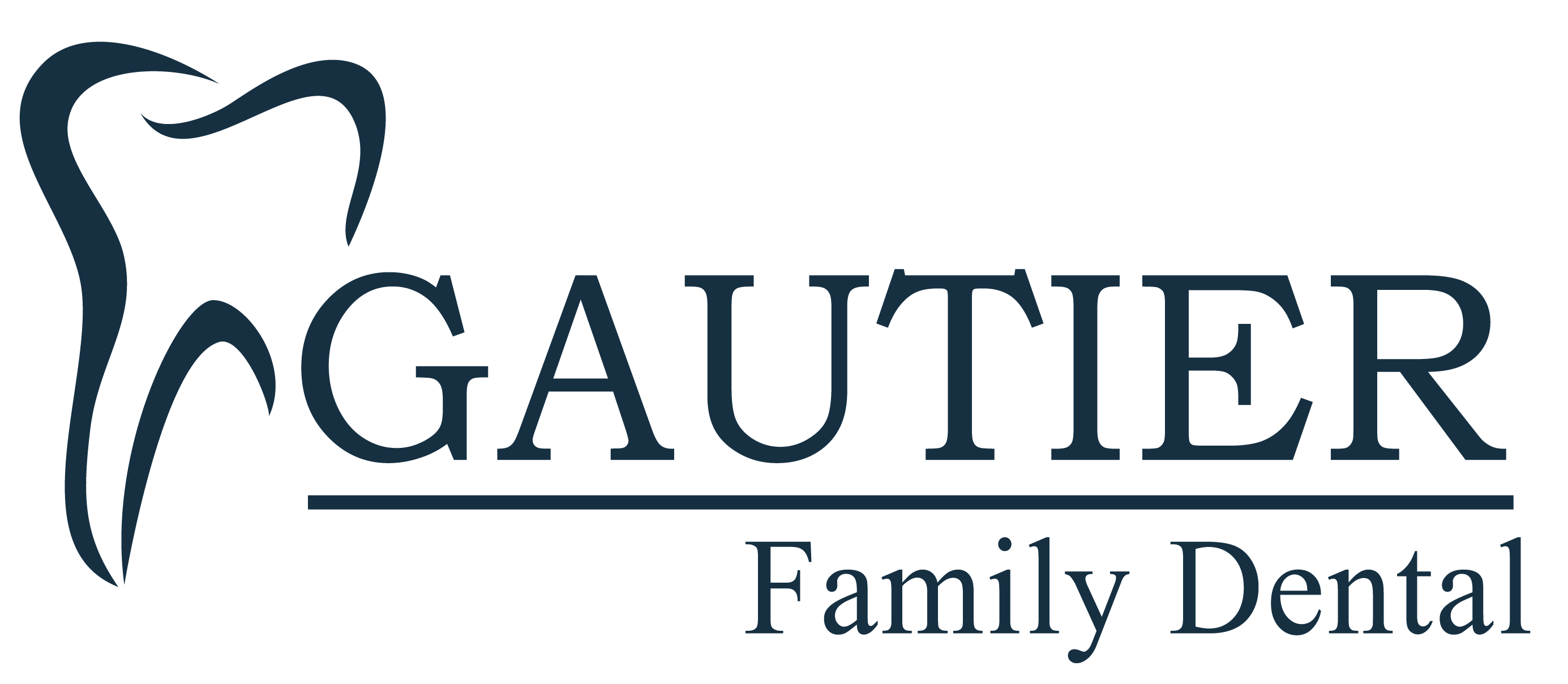Tooth decay can be prevented by brushing your teeth twice a day, flossing daily, eating a healthy diet, and seeing your dentist regularly for check-ups and professional cleaning. But here are a few facts you may not have known about tooth decay.
- Children are more susceptible to tooth decay.
- Adults over the age of 50 are also more susceptible to tooth decay. This is because poorer dental care in the past could result in cracked fillings that trap bacteria. Adults of this age are also more susceptible to gum disease, which can expose the tooth root that is only covered by cementum, a tissue weaker and more sensitive than tooth enamel.
- There are three types of cavities: a pit and fissure cavity that affects the chewing surface of the tooth, a smooth surface cavity that affects the side of the tooth, and a root cavity that affects the root of the tooth if it is exposed.
- Children who experience tooth decay in their baby teeth are more likely to experience tooth decay as an adult with their permanent teeth.
- Children who lose a baby tooth to tooth decay can have misalignment or crowding problems with their permanent teeth.
- Saliva is actually the body’s natural defense against tooth decay. It helps to neutralize the acids that eat away at teeth and also brings in minerals like calcium and phosphorus that rebuild enamel.
- Fluoride not only prevents tooth decay, but it can actually reverse it if the decay is in an early stage.
